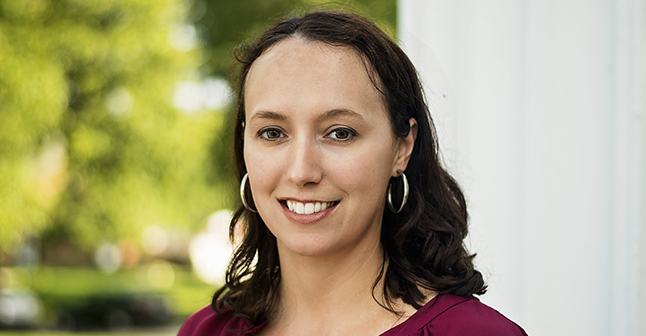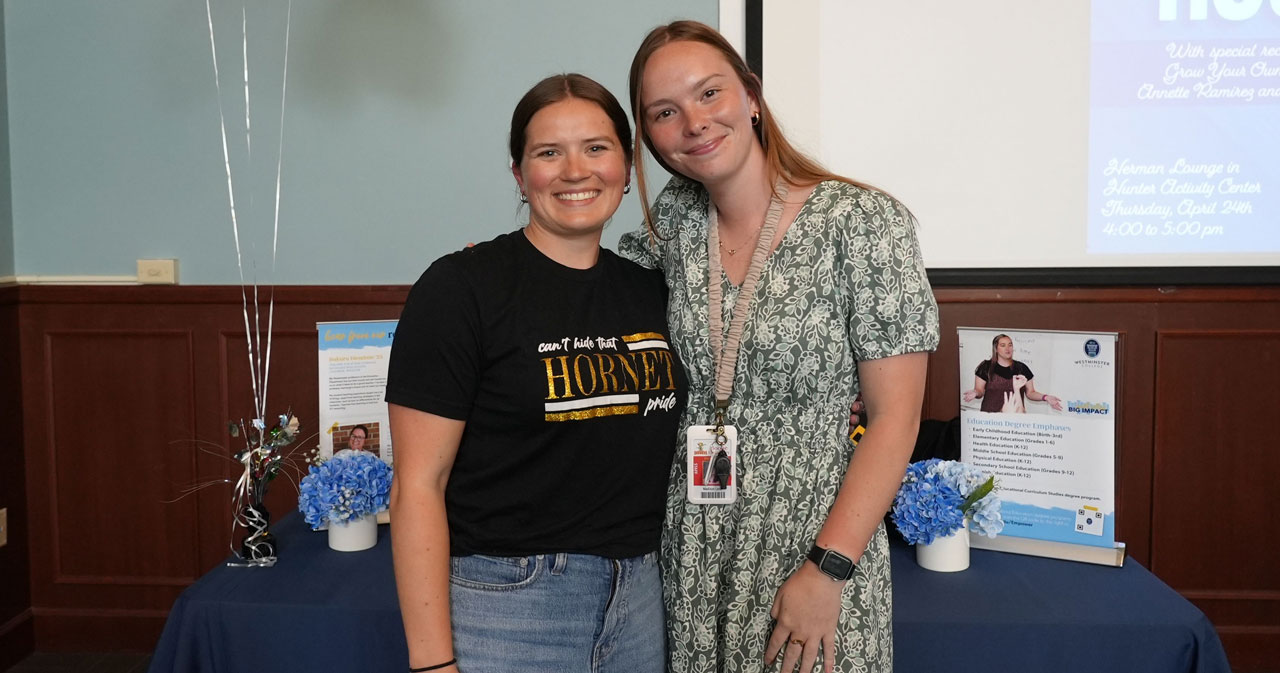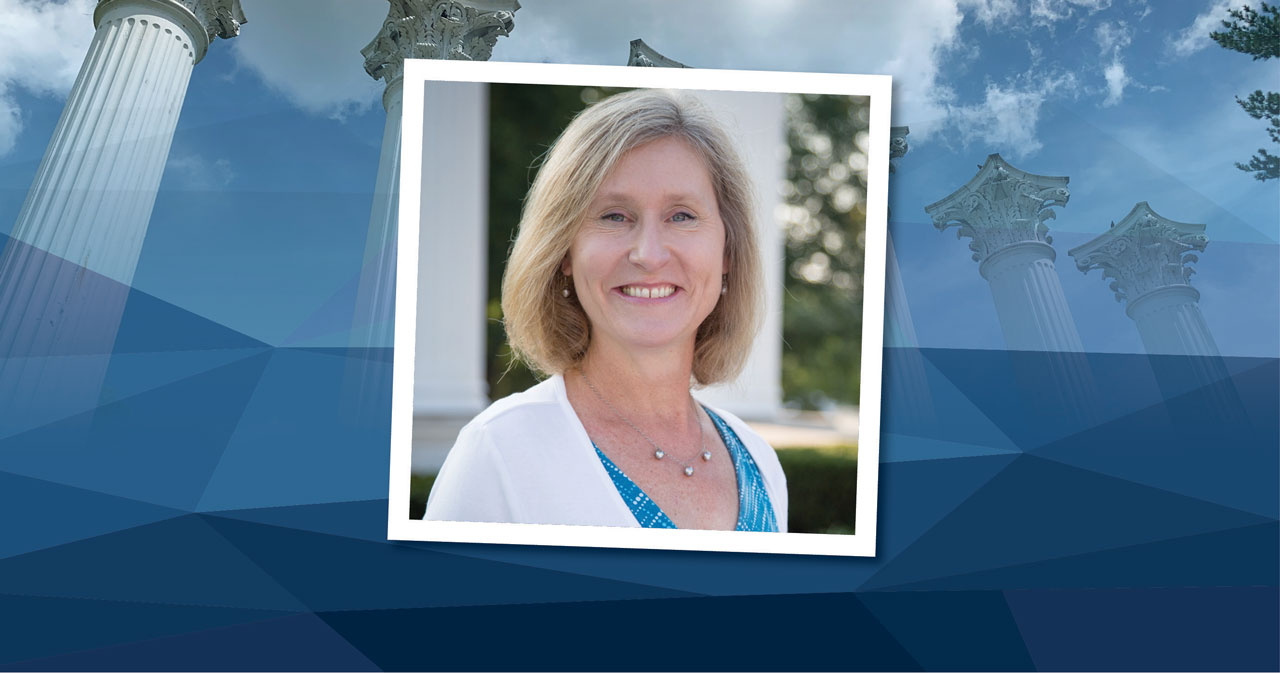Sarah Parsons has recently joined Westminster College as the director of institutional research. Holding bachelor’s degrees in mathematics and atmospheric science, a master of education in mathematics, and a master of public affairs, Parsons is currently completing her Ph.D. in public affairs at the University of Missouri-Columbia. She holds experience as a grant writer and a graduate research assistant and spent several years teaching high school and college mathematics. She also served for two years in Uganda as a Peace Corps volunteer.
Below, we asked Parsons a few questions about her work and why she chose Westminster College.
How do you think data is changing higher education?
Data analysis is playing a big role in the changing landscape of higher education in several ways. With college tuition and fees rising, students and parents are paying more attention to outcomes like graduation and job placement rates to get the best value from a college education. Administrators and faculty are also using data analysis to help improve their curricula, policy-making, and planning. This ensures that students receive the highest quality of education possible.
What are some of the ways your skills can help Westminster College move forward?
My training is in quantitative research methods and statistical analysis in the context of education policy, and I will bring these skills to the office of Institutional Research. The frontier of strategic planning in higher education includes data-driven decision making. I will use my training to develop and employ causal and predictive statistical models to support Westminster College’s assessment and strategic enrollment management.
Why Westminster?
I am very excited and grateful for the opportunity to join the Westminster College community. I was drawn to the history, legacy, and mission of Westminster as a transformative liberal arts environment committed to preparing students for a career and lifetime of leadership and purpose.






